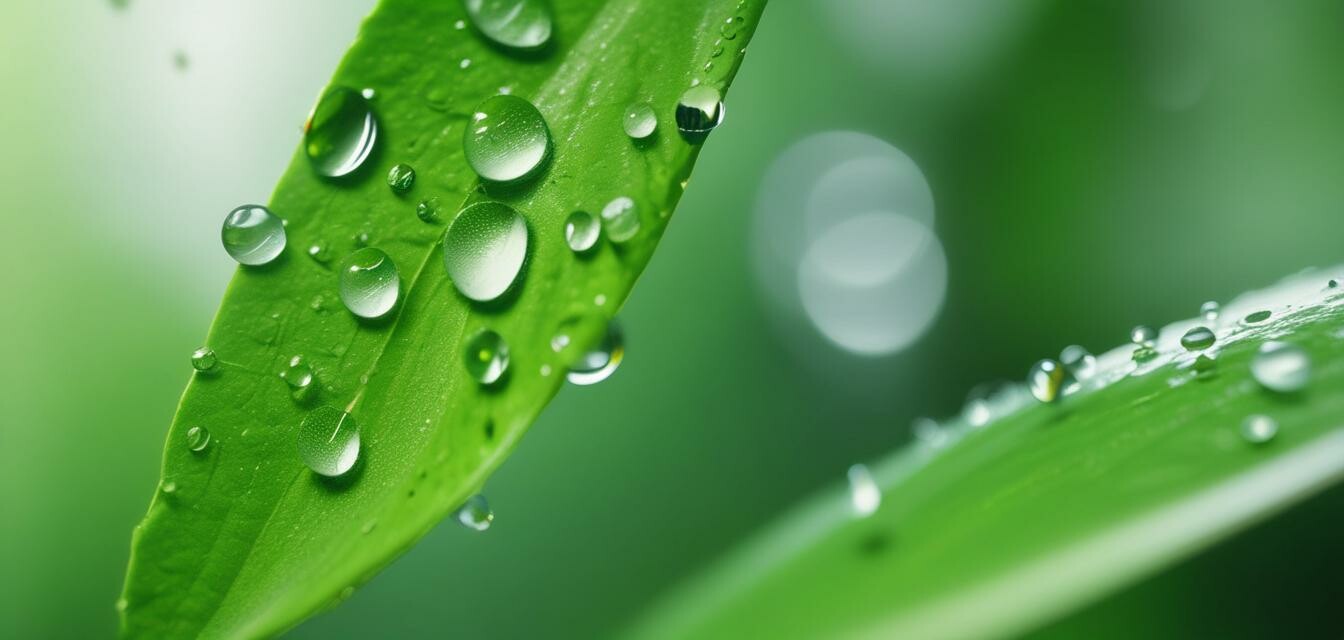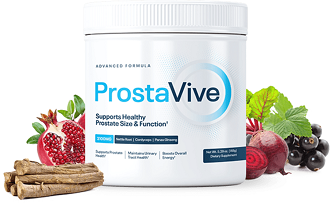
The Importance of Hydration in Skin Care
Key Takeaways
- Hydration is essential for maintaining healthy skin.
- Dehydrated skin can lead to various issues such as dullness and wrinkles.
- Incorporating both topical and internal hydration methods is critical.
- Simple changes to your routine can enhance overall skin health.
Hydration plays a crucial role in skin health, directly impacting its appearance and overall texture. Let's delve into the multiple facets of how hydration influences your skin and best practices to keep it well-hydrated.
Why Hydration Matters
Our skin is the body's largest organ, and keeping it hydrated is vital for its function and aesthetics. Proper hydration helps in:
- Maintaining skin elasticity
- Preventing dryness and flakiness
- Reducing wrinkles and fine lines
- Promoting a radiant and youthful complexion
How Dehydration Affects Your Skin
Without adequate moisture, the skin can suffer from:
- Dullness: Dehydrated skin can look lifeless and lackluster.
- Flakiness: Dry skin can lead to a flaky appearance, which can be uncomfortable.
- Increased Sensitivity: Dehydration can make skin more susceptible to irritants.
- Breakouts: Ironically, dehydrated skin can sometimes overproduce oil, leading to clogged pores and acne.
Best Practices for Hydrating Your Skin
There are two main types of hydration to focus on: internal and external. Here’s how to effectively implement both:
Internal Hydration
Staying hydrated starts from within. Here are some tips:
- Drink plenty of water: Aim for at least 8 glasses a day to ensure your skin cells have the moisture they need.
- Incorporate water-rich foods: Fruits and vegetables such as cucumber, watermelon, and oranges offer hydration benefits.
- Limit dehydrating beverages: Try to reduce caffeine and alcohol, as they can lead to dehydration.
External Hydration
Hydration doesn’t stop with what you drink. Here are some effective topical methods to keep your skin moisturized:
- Use a gentle cleanser: Harsh soaps can strip skin of natural oils; opt for mild, hydrating cleansers instead.
- Apply moisturizer: Choose a quality moisturizer that suits your skin type and apply it regularly.
- Use hydrating masks: Consider incorporating masks designed to deliver a boost of hydration weekly.
- Stay consistent: Make hydration a daily routine for best results and skin health.
Creating a Hydration Routine
Establishing a hydration routine can help keep your skin in peak condition. Here’s a simple routine:
| Step | Time | Method |
|---|---|---|
| Cleanse | Morning and Evening | Use a gentle hydrating cleanser |
| Tone (optional) | Morning | Use a hydrating toner to prep the skin |
| Moisturize | Morning and Evening | Apply a suitable moisturizer |
| Mask | Weekly | Use a hydrating mask for an extra boost |
Hydration and Seasonal Changes
Your skin’s hydration needs can change with the seasons. Here’s how to adapt your routine:
- Winter: The dry air can sap moisture; use heavier creams and apply moisturizer immediately after showering.
- Summer: Lightweight gels may work better; don't forget to drink more water and protect your skin from sun exposure.
Conclusion
Maintaining optimal hydration is fundamental for skin health. By adopting both internal and external hydration strategies, you can greatly improve your skin's appearance and texture. If you want more tips on skin care or other grooming essentials, check out our other articles in the Tips & Advice category!
Pros
- Improves skin elasticity and reduces signs of aging.
- Helps achieve a radiant and glowing complexion.
- Can assist in regulating oil production.
Cons
- Time-consuming to maintain a consistent hydration routine.
- Finding suitable products can be challenging.
